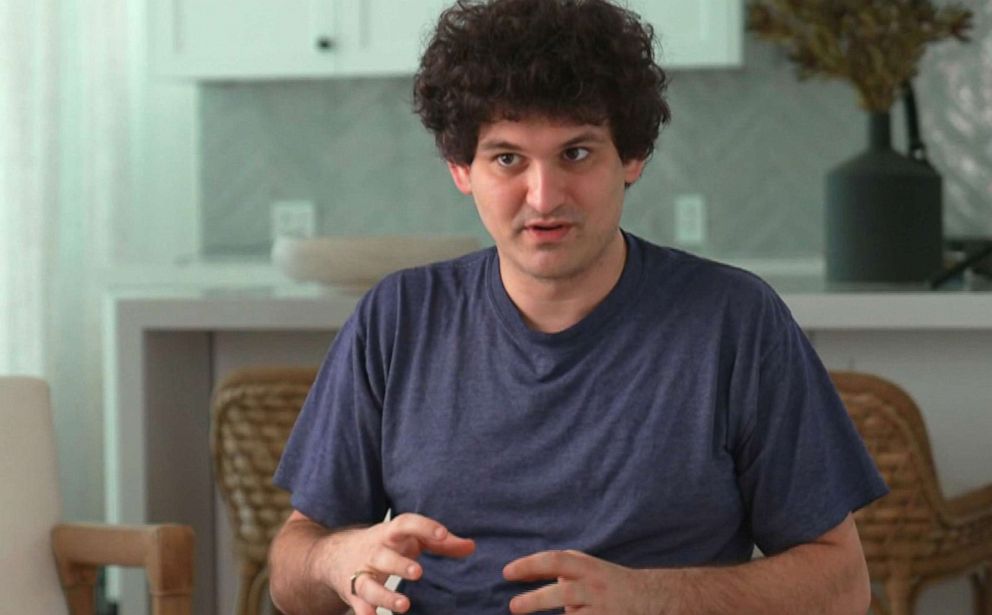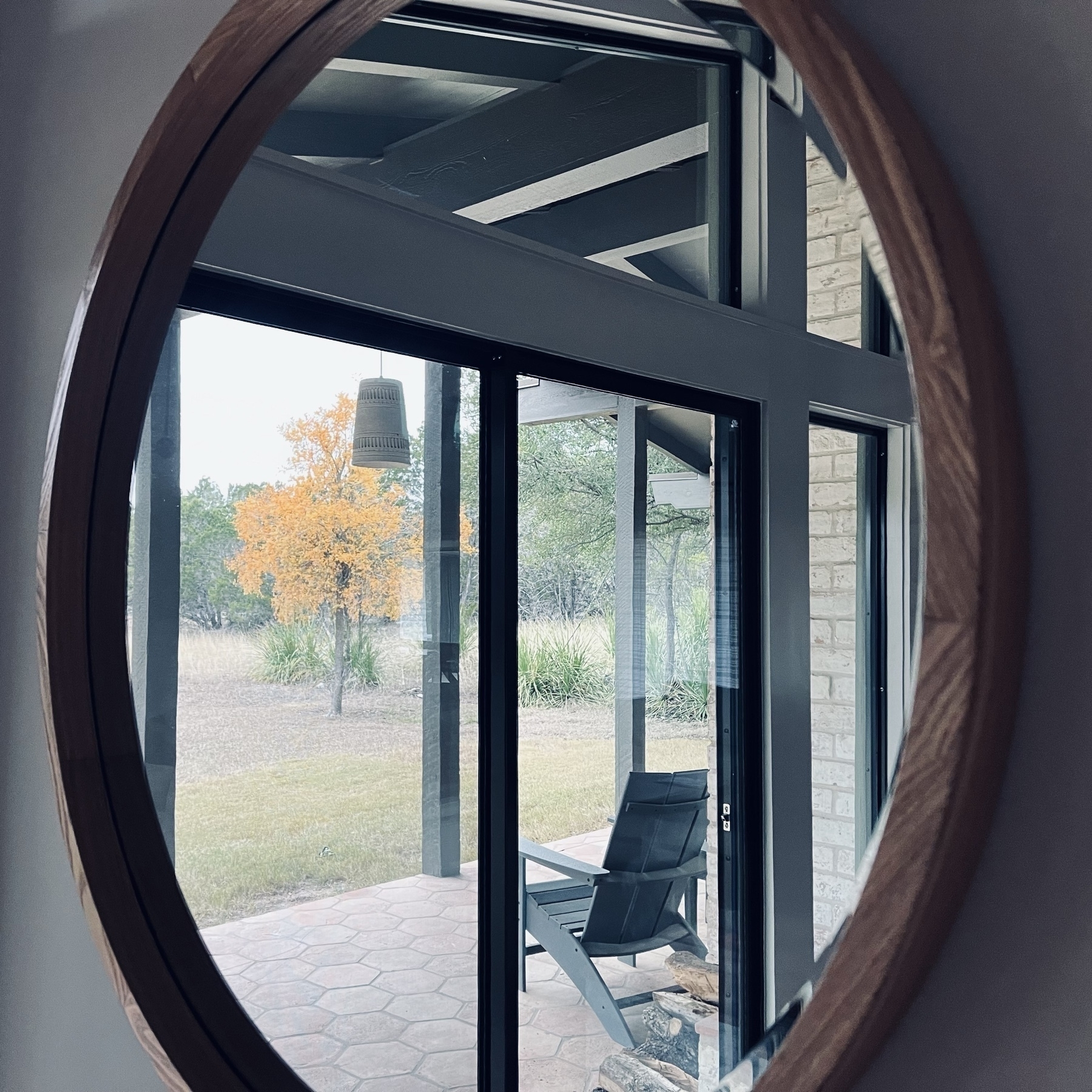A wonderful list of books for Christmas presents by my friend John Wilson, the most imaginatively omnivorous reader I know.
two quotations on slow reading
But there is power in reading slowly, something the Chinese-American author Yiyun Li tells her creative writing students at Princeton University. “They say, ‘I can read 100 pages an hour’,” she says. “But I say, ‘I don’t want you to read 100 pages an hour. I want you to read three pages an hour’.”Me, from The Pleasures of Reading in an Age of Distraction:That’s the speed Li is happy to read at, even if she is re-reading a familiar text. “People often say they devoured a book in one sitting. But I want to savour a book, which means I give myself just 10 pages a day of any book.” On an average day, Li … reads 10 different books, spending half an hour on each title.
At that pace it can take Li up to three weeks to finish a novel. “When you spend two to three weeks with a book, you live in that world,” she says. “I think reading slowly is such an important skill. Nobody has ever talked about it, or taught me that. I’m a very patient reader. Even if it’s a very compelling book. I don’t want to rush from the beginning to the end.”
Consider a story by one of the great weirdos of American literature, R. A. Lafferty (1914–2002). It’s called “Primary Education of the Camiroi,” and it concerns a PTA delegation from Dubuque who visit another planet to investigate an alien society’s educational methods. After one little boy crashes into a member of the delegation, knocking her down and breaking her glasses, and then immediately grinds new lenses for her and repairs the spectacles — a disconcerting moment for the Iowans — they interview a girl and ask her how fast she reads. She replies that she reads 120 words per minute. One of the Iowans proudly announces that she knows students of the same age in Dubuque who read five hundred words per minute. (As Stanislas Dehaene explains, that’s pretty close to our maximum speed.)“When I began disciplined reading, I was reading at a rate of four thousand words a minute,” the girl said. “They had quite a time correcting me of it. I had to take remedial reading, and my parents were ashamed of me. Now I’ve learned to read almost slow enough.”Slow enough, that is, to remember verbatim everything she has read. “We on Camiroi are only a little more intelligent than you on Earth,” one of the adults says. “We cannot afford to waste time on forgetting or reviewing, or pursuing anything of a shallowness that lends itself to scanning.”
I like my job
“These language models enable the automation of certain tasks that we’ve historically considered part of the creative process,” Olson told me. I couldn’t help but agree. Writing is less than half of my job; most of my work is reading and deciding what’s important enough for me to put in a paragraph. If I could train an AI to read as I do, and to determine significance as I do, I’d be essentially building a second mind for myself.So Derek Thompson wants to oursource his research, and, as we saw yesterday, Noah Smith wants to outsource his writing. Is this boredom or frustration with the basic elements of their work universal among journalists these days?
I hope I’m not the only one, but just for the record: I like researching, and I like writing. I like the hard work of making my prose more clear and vivid. I like overcoming my ignorance. I like synthesizing the disparate things I read and then trying to present that synthesis to my readers. I like it all.
UPDATE: As I was walking this morning I suddenly understood the most fundamental thing that’s wrong with the way Smith and Thompson think about these matters: Smith assumes that at the outset of a writing project he already knows what he wants to say and just has to get it said; Thompson assumes at the outset of a writing project that he understands what he needs to know and just has to find a way to know it. But for me writing isn’t anything like that. For me writing is discovery, discovering what I need to say — which often is something I had no intention of saying when I set out. And some of the most important research I have ever done has been serendipitous: I have been looking for one thing and instead (or in addition) found something quite different, something I didn’t know I needed but, it turns out, is essential to me.
two quotations on reading books

“My brother has his sword, King Robert has his warhammer, and I have my mind…and a mind needs books as a sword needs a whetstone, if it is to keep its edge. That’s why I read so much, Jon Snow.”

“I would never read a book. I’m very skeptical of books. I don’t want to say no book is ever worth reading, but I actually do believe something pretty close to that.”
Laity looking especially lovely on this cloudy autumnal day.

Gruber: “Mastodon is — deservedly! — getting a lot of attention as people re-evaluate their use of Twitter. But what I’m digging more in our current moment is renewed enthusiasm for blogging, and, on the consumption side, RSS feed reading.” Amen. Pretty much everything that was wrong with Twitter is also wrong with Federated Twitter.
words: bashed
It’s important to realize exactly why the innovations of the past didn’t result in the kind of mass obsolescence that people feared at the time.Note the planted axioms here — the governing assumptions that the authors may not even know they’re making:The reason was that instead of replacing people entirely, those technologies simply replaced some of the tasks they did. If, like Noah’s ancestors, you were a metalworker in the 1700s, a large part of your job consisted of using hand tools to manually bash metal into specific shapes. Two centuries later, after the advent of machine tools, metalworkers spent much of their time directing machines to do the bashing. It’s a different kind of work, but you can bash a lot more metal with a machine.
- That metalwork is neither an art nor a craft in which humans might take satisfaction but is simply a matter of “bashing” metal;
- That it’s better to direct machines to bash than to do one’s own bashing, because working with metal is drudgery but overseeing machines isn’t;
- That more metal-bashing is better than less metal-bashing.
Consider the following, produced in the year 2322:
If, like Noah’s ancestors, you were a writer in the 2000s, a large part of your job consisted of using keyboards to manually bash characters into specific shapes. Two centuries later, after the advent of AI, writers spent much of their time directing machines to do the bashing. It’s a different kind of work, but you can bash a lot more characters with a machine.What a utopian dream! No one has to write any more — no one has to think of what to say, to struggle for the best words in the best order, to strive to persuade or entertain. You just say, “Hey Siri, write me an essay on why there’s no reason to fear that AI will replace humans.”
Wait — I was being sardonic there but it turns out that that’s what Smith and roon really think:
Take op-ed writers, for instance – an example that’s obviously important to Noah. Much of the task of nonfiction writing involves coming up with new ways to phrase sentences, rather than figuring out what the content of a sentence should be. AI-based word processors will automate this boring part of writing – you’ll just type what you want to say, and the AI will phrase it in a way that makes it sound comprehensible, fresh, and non-repetitive. Of course, the AI may make mistakes, or use phrasing that doesn’t quite fit a human writer’s preferred style, but this just means the human writer will go back and edit what the AI writes.Behold: an image of the future of writing produced by a writer who quite obviously doesn’t like to write.In fact, Noah imagines that at some point, his workflow will look like this: First, he’ll think about what he wants to say, and type out a list of bullet points. His AI word processor will then turn each of these bullet points into a sentence or paragraph, written in a facsimile of Noah’s traditional writing style.
What seems to be missing here is the question of why the people who now pay Noah Smith to write wouldn’t just cut out the middleman, i.e., Noah Smith. Maybe that’s the future of Substack: AI drawing on a large corpus of hand-bashed text so that instead of paying Freddie deBoer to write I can just say, “Hey Substack, write me an essay on professional wrestling in the style of Freddie deBoer.” After all, people who write for Substack have limited time, limited energy, limited imagination, but AI won’t have any of those limits. It can bash infinitely more words.
I think Smith and roon don’t consider that possibility because they have another planted axiom, one that can be extracted from this line in their essay: our AI future “doesn’t mean humans will have to give up the practice of individual creativity; we’ll just do it for fun instead of for money.” But we will only do that if we have time and energy to do it, which we will have only have if we’re not busting our asses to make a living. Thus the final planted axiom: AI and human beings will flourish together in a post-scarcity world, like that of Iain M. Banks’s Culture novels.
ripeness
For some reason I haven’t thought about this passage in years, though it is one of the most glorious things I know:
God made Sun and Moon to distinguish seasons, and day, and night, and we cannot have the fruits of the earth but in their seasons: But God hath made no decree to distinguish the seasons of his mercies; In paradise, the fruits were ripe, the first minute, and in heaven it is alwaies Autumne, his mercies are ever in their maturity. We ask panem quetidianum, our daily bread, and God never sayes you should have come yesterday, he never sayes you must againe to morrow, but to day if you will heare his voice, to day he will heare you. If some King of the earth have so large an extent of Dominion, in North, and South, as that he hath Winter and Summer together in his Dominions, so large an extent East and West, as that he hath day and night together in his Dominions, much more hath God mercy and judgement together: He brought light out of darknesse, not out of a lesser light; he can bring thy Summer out of Winter, though thou have no Spring; though in the wayes of fortune, or understanding, or conscience, thou have been benighted till now, wintred and frozen, clouded and eclypsed, damped and benummed, smothered and stupified till now, now God comes to thee, not as in the dawning of the day, not as in the bud of the spring, but as the Sun at noon to illustrate all shadowes, as the sheaves in harvest, to fill all penuries, all occasions invite his mercies, and all times are his seasons.
That’s John Donne’s glorious sermon for Christmas Day 1624, wonderfuly explicated by Joe Mangina here.
Finished reading: Stealing for the Sky, by Adam Roberts. A terrific brief SF thriller — fast-paced, to be sure, but as always with Adam, there’s much more going on than might first appear. I hope there’ll be at least one sequel. And I hope I can figure out why one minor character is named Stanley Cavell. 📚
Chimamanda Ngozi Adichie comes out fighting for freedom of speech:
We are all familiar with stories of people who have said or written something and then, faced a terrible online backlash. There is a difference between valid criticism, which should be part of free expression, and this kind of backlash, ugly personal insults, putting addresses of homes and children’s schools online, trying to make people lose their jobs.
To anyone who thinks, “Well, some people who have said terrible things, deserve it,” no. Nobody deserves it. It is unconscionable barbarism. It is a virtual vigilante action whose aim is not just to silence the person who has spoken but to create a vengeful atmosphere that deters others from speaking. There is something honest about an authoritarianism that recognises itself to be what it is. Such a system is easier to challenge because the battle lines are clear. But this new social censure demands consensus while being wilfully blind to its own tyranny. I think it portends the death of curiosity, the death of learning and the death of creativity. […]
Literature deeply matters and I believe literature is in peril because of social censure. If nothing changes, the next generation will read us and wonder, how did they manage to stop being human? How were they so lacking in contradiction and complexity? How did they banish all their shadows?
FYI, Le Guin’s A Wizard of Earthsea tells you what happens when you banish your shadow.
Tyler Adams’s response yesterday to a confrontational Iranian journalist was remarkably impressive. You can see why even at age 23 he’s the proper captain for the USMNT. ⚽️
political football
It seems safe to say that beneath this admiration, there is still, for many Americans, a lurking sense of Iran as a geopolitical nemesis. The crypto-racist provocations of old Bush-era “Axis of Evil” rhetoric still have a residual influence on many people, as does the grainy mental afterimage of Ayatollah Khomeini ranting about the U.S. as the “Great Satan” in the 1980s.
I don’t even remember the last time I disagreed with Brian about soccer, but then, this really isn’t a point about soccer. My guess is that “many Americans” do not think of Iran as a nemesis, indeed do not think of Iran at all. I would estimate that the percentage of Americans who have any view of Iran at all is approximately .1%, and yes, I know how to use decimal points in percentages. Moreover, I don’t think that percentage is any higher among footy fans. People in this country don’t remember anything that happened before the election of Donald Trump, and very little of what happened before Covid.
On a totally different subject: I did not at all expect the USMNT to get through to the knockout rounds, so I am very pleasantly surprised. They look extremely solid defensively and have an absolutely dynamic midfield, but I don’t know where the goals are going to come from — especially if Pulisic’s “pelvic contusion” (ouch) keeps him out of the Netherlands match on Saturday.
I am thrilled to have been so wrong about this USMNT side. What I didn’t expect: their defensive consistency and reslilence. Tim Ream is their man of the tournament so far — he’s been massive. ⚽️
comparative study of real and fictional corbies
There’s a human narrator, but s/he bows out after three lines. Of the two crows, one has a single, though essential, line: “Where sall we gang and dine today?” The other, having reconnoitred the scene already and worked out the feeding strategy, replies in vivid, uncompromising detail. Anthropomorphism of this kind can be justified on the grounds that the invented bird-talk reflects real, observable bird behaviour regarding food, territory and judicious co-operation.
Really? That’s how the poem can be justified — by objective analysis of “real, observable bird behaviour regarding food, territory and judicious co-operation”? If the behavior of these poetic corbies should prove inconsistent with the most up-to-date ornithological findings, would we have to toss the poem in the dustbin?
It's very hard not to laugh at this: Twitter-addicted journalists decamping for Mastodon only to resume, immediately, their familiar habits of bullying, shaming, proclaiming their victimhood, and Trying to Get Management To Take Their Side. As I have said: “Which way I fly is Hellsite; myself am Hellsite….”




